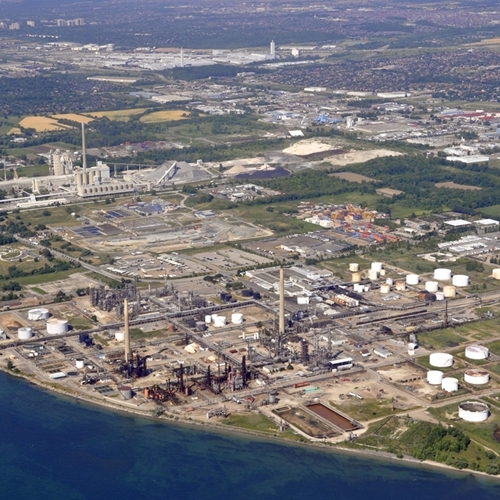
Due to increased domestic oil production, specifically from the Bakken formation in North Dakota, an oil company proposes a long-term lease in Washington to accommodate oil by rail despite safety concerns.
The proposal and its benefits
The Oregonian reported the Northwest is experiencing heightened activity of oil train traffic due to the hydraulic fracturing and increased oil production. While the Northwest experienced just 50 trainloads of oil in 2012, national levels of oil train travel has increased dramatically. In 2012, more than 200,000 carloads of crude was shipped on the largest U.S. railroads. In 2008, there were only 9,500 carloads.
While two Washington refineries already receive oil trains, there are three refineries with plans to receive oil trains soon and another four proposed terminals that would bring oil trains to Washington ports. With so much activity, the Northwest can expect a bump in the 50 trainloads of oil it saw last year.
Tesoro, already a tenant at the Port of Vancouver, has proposed a 42-acre terminal with Savage Services capable of storing 2.25 million barrels of crude in six storage tanks. If built, the facility would need four trains – each longer than a mile – every day to process 360,000 barrels of oil a day and ship it off to 19 refineries in British Columbia and along the West Coast. Tesoro added that would be about half the capacity of the Keystone XL pipeline, making it the largest crude oil terminal in the Northwest.
Despite concerns over safety, the Port of Vancouver's commission approved the project, citing the terminal's ability to create jobs and stimulate the local economy. Agreeing to a 10-year lease, the port stands to make $4.5 million a year, or $45 million in lease revenue. Overall, the current lease revenue of the port stands at about $34 million a year.
"It's been communicated to Tesoro-Savage that safety is No. 1 and the bar is high," added Theresa Wagner, port spokesperson.
The safety record
The Columbian reported comments about safety from Kelly Flint, senior vice president and general counsel for Savage companies. Flint recently made a presentation addressing the safety concerns of the project to the Rotary Club of Vancouver. Since being approved the the Port of Vancouver's commission, it must now be examined by the state Energy Facility Site Evaluation Council, an organization that will then give counsel to Gov. Jay Inslee, the man who gets to give the final decision regarding the proposal.
While Flint reassured Rotary Club members that the Tesoro-Savage project plans on addressing all safety issues in advance, concerns about Savage's safety record came up, specifically the refinery explosion in 2010. Even though Flint said the explosion, which killed seven people, was a tragedy, Labor & Industries said the event was preventable, and Tesoro was cited with 39 "willful" and "serious" violations of workplace safety regulations. It is common for the oil and gas industry, specifically refineries, to install flame detector equipment and other fire alarm systems to mitigate the damage of fires that can lead to explosions. The Washington State Department of Labor & Industries ordered Tesoro to pay a $2.39 million fine following a state investigation of the explosion, the largest fine of its kind dolled out by the state.
Reason for concern
This past July, a Montreal, Maine & Atlantic Railway train derailed in the town of Lac-Mégantic, Quebec. The Bakken crude it was carrying exploded, killing nearly 50 people and virtually wiping half the town off the map, The Oregonian reported. With events such as this, no fire suppression strategy in the world can protect communities. As a result of this tragedy, the U.S. Energy Information Administration issued a report, evaluating oil-by-rail activity. In addition, the U.S. Federal Railroad Administration is investigating possible corrosion in tanks from hydraulic fracturing and if moving oil by rail is safe, according to The Columbian.
Industrial Safety News brought to you by Safety Systems Technology, Inc., leaders in fire and gas detection.